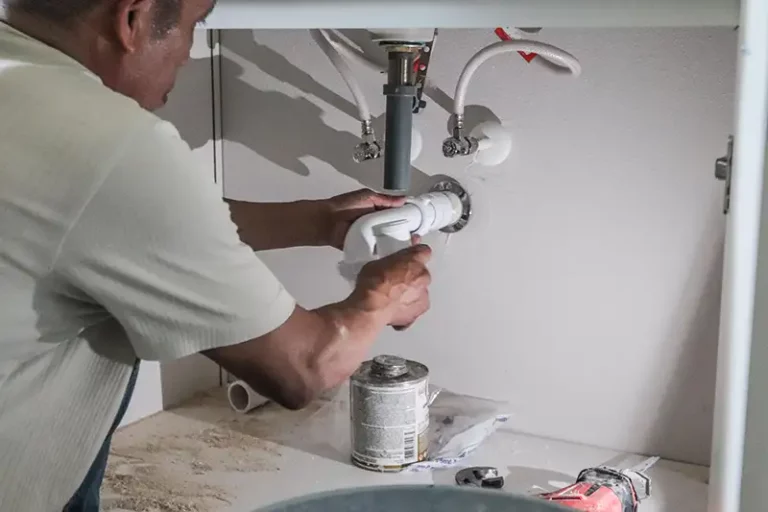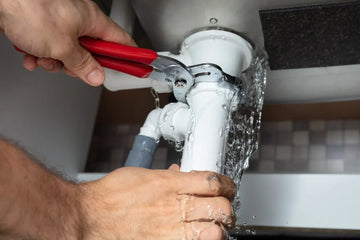In recent years, the advent of waterproof sensor technology has ushered in a revolutionary paradigm in various industries, significantly impacting the field of quality assurance (QA). As sectors across the globe lean heavily on advanced technologies to meet compliance standards, the role of these sensors becomes undeniably critical. Whether it's ensuring product integrity or maintaining the efficiency of large-scale industrial operations, the importance of such technology cannot be overstated.
From the outset, waterproof sensors promise a myriad of advantages to quality assurance procedures. Their resilience to challenging environments, coupled with precise data collection abilities, make them an indispensable asset for businesses striving to maintain consistent product quality and safety standards.

What Makes Waterproof Sensors Essential?
For most industry QA professionals, the phrase 'waterproof sensor' spells reliability, endurance, and efficiency. But what exactly sets these sensors apart? Quite simply, they are designed to operate seamlessly in environments where standard sensors might fail due to exposure to water, moisture, or humidity.
For example, in the food and beverage industry, it's crucial to monitor conditions to ensure that perishable items remain fresh and safe for consumption. Here, waterproof sensors are employed to measure parameters like humidity and temperature, thus ensuring regulatory compliance and quality control. This is further elaborated on this page.
Applications in QA Across Various Sectors
The integration of waterproof sensors extends beyond the food sector. Their application in industrial environments, like manufacturing plants, showcases their unparalleled utility. During production, maintaining consistent quality requires continuous monitoring of environmental conditions, making these sensors a vital component of the QA toolkit.
Protecting Assets with Waterproof Technology
In environments where unexpected water exposure can lead to disastrous downtime or asset damage, waterproof sensors act as a safeguard. For instance, facilities embroiled in electronics manufacturing need robust solutions to prevent water-related setbacks. According to an article from Vivint, these sensors can help mitigate damage by providing real-time alerts and enabling proactive asset protection.
Enhanced Precision and Responsiveness
Additionally, the precision and responsiveness of waterproof sensors lead to more efficient operations. They support timely interventions, prompt maintenance schedules, and adjustments that avoid costly errors or material waste. Its these very advantages that make them integral to maintaining the strictest QA protocols.
Future Trends and Innovations
As technology progresses, the features of waterproof sensors continue to evolve. The introduction of IoT (Internet of Things) connectivity into waterproof technologies signifies vast potentials, such as remote monitoring and predictive maintenance, which could further revolutionize QA processes.
Incorporating data analytics and cloud computing services, the sensor data can be analyzed to glean powerful insights into quality trends and anomalies which may otherwise go unnoticed. For further insights, articles like this one from Smart Home Leak Sensors explore how integrating these sensors with smart systems can facilitate complete end-to-end solutions.
Conclusion
The world of waterproof sensor technology is indeed one filled with transformative possibilities for quality assurance across industries. Its ability to reliably operate under adverse conditions and provide real-time high precision data collection makes it a game-changer. As industries continue to advance and face new challenges, compelling developments in waterproof technologies will likely remain pivotal in shaping future QA best practices and standards.

Frequently Asked Questions
How do waterproof sensors differ from standard sensors?
Waterproof sensors are designed specifically to withstand moisture and water exposure, enabling them to function in environments where standard sensors would fail. They offer durability and are often used in challenging industrial applications to ensure consistent operation despite environmental challenges.
In which industries are waterproof sensors most commonly used?
These sensors are widely used across various industries, including but not limited to manufacturing, food and beverage, electronics, and construction. They play a crucial role in maintaining quality assurance by providing robust and reliable environmental monitoring.
What future advancements can we expect in waterproof sensor technology?
Future advancements may include greater integration with IoT for enhanced remote monitoring capabilities, improved data analytics for better predictive maintenance, and the development of more eco-friendly sensors. These innovations will likely enhance the accuracy, efficiency, and usability of waterproof sensors in QA processes.






